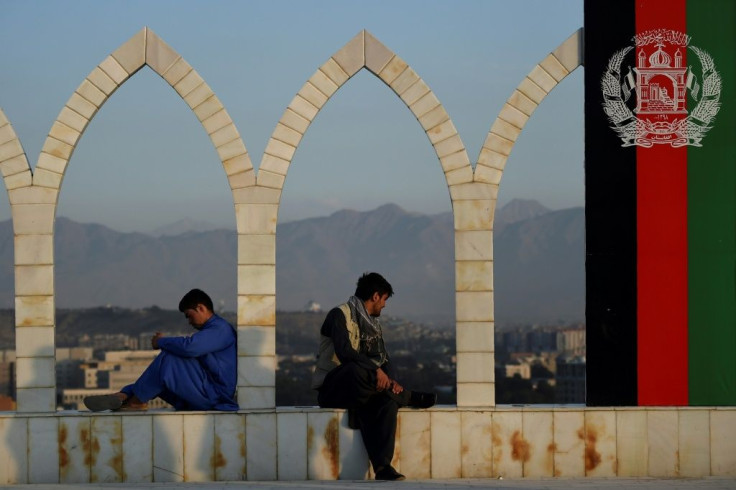Afghan Govt Negotiators Leave For Peace Talks With Taliban
Afghan government negotiators left for Doha on Friday to hold landmark peace talks with the Taliban aimed at ending the country's long running conflict that has killed tens of thousands of people.
Negotiations set to begin on Saturday had originally been slated to start in March but were repeatedly pushed back amid disputes over a prisoner exchange that included the release of hundreds of battle-hardened Taliban fighters.
"After continuous efforts of the government of the Islamic Republic of Afghanistan to start direct talks with the Taliban, the peace negotiating team of the IRA left Kabul for Doha," Nader Naderi, a member of the negotiating team, said on Twitter minutes before their plane took off
President Donald Trump has made his key foreign policy priority to end the war in Afghanistan and bring troops back home as he faces uncertain prospects in the November 3 election.
US Secretary of State Mike Pompeo will be attending the opening session of what he said was a "historic" opportunity to end America's longest war.
"I'm mindful of how difficult these conversations will be among the Afghans but it's theirs for the taking," he told reporter onboard his flight to Doha.
"We are going to Doha to tell the Taliban that you cannot succeed by force," Abdul Hafiz Mansour, a member of Kabul's delegation, told reporters at the capital's airport.

"The time is ready for reconciliation now, we can resolve our problems by talking to each other."
Negotiations have raised hope among Afghans across the country that the grinding conflict might come to a halt.
"We are desperate for peace. The killing of Afghans should be stopped," said Kabul shopkeeper Abdullah, who lost a relative in a bomb attack that targeted Vice President Amrullah Saleh this week.
"I'm not very optimistic about the future, but peace talks is a good first step to at least reduce the violence."
Afghan school teacher Aminullah, who lives in restive Kunduz province, insisted that gains made in the past two decades should not be lost.
"As much as we want peace, we also want the achievements of the past years kept," he said.
"I don't want my school closed, but peace is the priority now."
© Copyright AFP {{Year}}. All rights reserved.





















